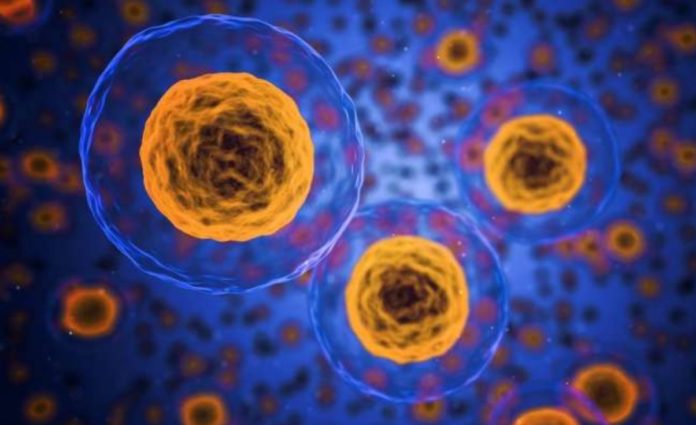A group of researchers including those from the Blavatnik Institute at Harvard Medical School, discover how the survival of tissues after being exposed to radiation depends on the behavior of p53.
Radiation exposure can cause a great deal of damage to cells, tissues, and other organs. Surprisingly enough, some tissues are more vulnerable to such exposure and the consequent damage, than others.
- Does This Mean We Stopped Being Animal and Started Being Human Due to ‘Copy Paste’ Errors?
- The One Lifestyle Choice That Could Reduce Your Heart Disease Risk By More Than 22%
- Aging: This Is What Happens Inside Your Body Right After Exercise
- Immune-Boosting Drink that Mimics Fasting to Reduce Fat – Scientists ‘Were Surprised’ By New Findings
- Gun Violence in America: What They Don’t Talk About at the Debate
Scientists recognize the fact that these variations involve a tumor – suppressor protein known as p53 that begins the auto-destruction process of cells. However, levels of p53 are often found to be similar in tissues with varied sensitivity to radiation.
Researchers from the Blavatnik Institute at Harvard Medical School, Massachusetts General Hospital, and the Novartis Institutes for BioMedical have brought certain latest developments afront. They explained while reporting in Nature Communications, how the survival of cells following an exposure, depends on the behavior of p53. In the case of vulnerable tissues, the levels of p53 increase and remain high causing the death of cells. On the other hand, unlike vulnerable tissues, the p53 levels shoot and drop in tissues that are likely to survive radiation.
Galit Lahav, the Novartis Professor of Systems Biology at HMS, and the co-author of the study said while emphasizing the significance of dynamics says that we restrict our capacity of understanding biology when we only look at the snapshots. On the contrary, we gain much better information when we look at how things ‘evolve’.
The results remarkably suggest new strategies to enhance combination therapy for cancer. After being given drugs that restrict p53 levels from rising and falling, certain types of tumors in mice were found to be more vulnerable than others. Tumors treated so, shrunk considerably more than when either radiation alone or only medication was given.
Ralph Weissleder, the Thrall Family Professor of Radiology, an HMS professor of systems biology at Mass General, and also the co-corresponding author of the study said: “We were able to connect differences in temporal p53 expression with radiation response, and these insights allowed us to ‘coax’ radioresistant tumors into more radiosensitive ones.” He also called the study ‘incredibly exciting’.
On exposing the cells to ionizing radiation, atomic particles with high energy destroy the fine molecular machinery inside. If the damage caused is irreparable, specifically to DNA, the cells will begin to destroy themselves in order to protect the surrounding tissue and the whole organism. This is called ‘cellular seppuku‘ and is regulated by p53. Here p53 works as a ‘sentinel for genomic drainage’.
- Does This Mean We Stopped Being Animal and Started Being Human Due to ‘Copy Paste’ Errors?
- The One Lifestyle Choice That Could Reduce Your Heart Disease Risk By More Than 22%
- Aging: This Is What Happens Inside Your Body Right After Exercise
- Immune-Boosting Drink that Mimics Fasting to Reduce Fat – Scientists ‘Were Surprised’ By New Findings
- Gun Violence in America: What They Don’t Talk About at the Debate
The researchers looked at the tissues in mice that have different levels of sensitivities to ionizing radiation but are known to express similar levels of pr53- extremely sensitive spleen and thymus, the large and small intestine which are even more radioresistant. The cells that Express minimum radiation under normal circumstances show an elevated level of p53 along with other markers of DNA and cellular damage when exposed to radiation.
However, quantitative imaging analysis shows that the intestine shows a high level of p53 and then falls after a few hours of irradiation. On the other hand, p53 levels in the spleen and thymus remained elevated in the same time span.
To examine the effects of p53 activity the team used an anticancer drug to impede MDM2, which is a protein that degrades p53. It was observed that p53 can be forced to remain high if MDM2 activity is blocked after radiation.
Prof Galit Lahav Said that their goal is to gain expertise and help create more and more effective therapies. He said: “Understanding how p53 behaves over time in different conditions is a critical piece of the puzzle.”
